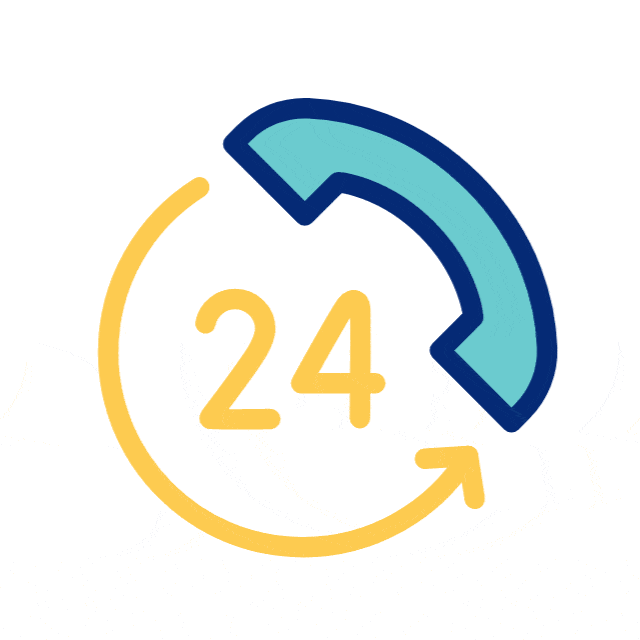Category : Speech and Hearing
Stuttering is a speech disorder that involves frequent and significant problems with normal fluency and flow of speech. Stuttering is characterized by involuntary audible or silent repetitions or prolongations in the utterance of short speech elements that occur frequently and are not readily controllable. It also occurs when an individual is at a negative emotion like tension, excitement, fear, etc. Stuttering may also be associated with facial expressions and movement of extremities. When combined, these symptoms make it extremely difficult for stutterers to speak and interact with others. There is no recognized cause for stuttering. Most studies concur that stuttering has a neurological basis and is influenced by regions of the brain that manage speech and language processing. A genetic source of stuttering can lead it to run in families.
Signs and Symptoms of Stuttering
Part-word repetitions, one-syllable word repetitions, Prolonged sounds in a word and blocks and stops are the common symptoms that one can observe in a stutterer. Other actions, such as head nodding or eye blinking, might also be observed. People who stutter occasionally employ these techniques to reduce or prevent their stuttering. They could also change their words or avoid using specific terms to avoid stuttering.
Onset of stuttering
Typically, stuttering begins between the ages of 2 and 6. Many kids experience typical disfluencies that last less than six months. It is more likely that children who begin stuttering at age 3.6 Years or later will continue to do so.
What you can do about it
To improve the fluency of speech and to avoid certain situations such as getting teased by peer groups, loss of occupation due to stuttering, difficulty communicating by speaking, lack of confidence to speak, etc., a person with the symptoms can seek the help of the professionals.
Role of Speech Language Pathologist
If you think your child, family member or someone you know stutter, seek help from Speech Language Pathologist (SLP) as early as possible. An SLP, using the help of appropriate tests for stuttering, assesses the individual’s fluency to identify the presence of stuttering and its severity. There is evidence that stuttering affects an individual’s quality of life with respect to his occupation, studies, failing in interviews, etc. An SLP also plays a vital role in counselling an individual and family members diagnosed with stuttering to get awareness regarding the cause of the problem. As a vital role, SLP provides fluency shaping therapy for the individual and helps the individual overcome the problem. Stuttering in pre-schoolers is solved by using specific direct and indirect strategies. The goal of treatment for older kids and adults with stuttering is to manage it by making them feel less anxious and communicate more freely in many social situations, including work and school, with the support of an SLP. Additionally, the SLP will support the patient speaking in public when they feel nervous or afraid.
Sruthi K Vinod
Assistant Professor
JSS Institute of Speech and Hearing, Mysuru





